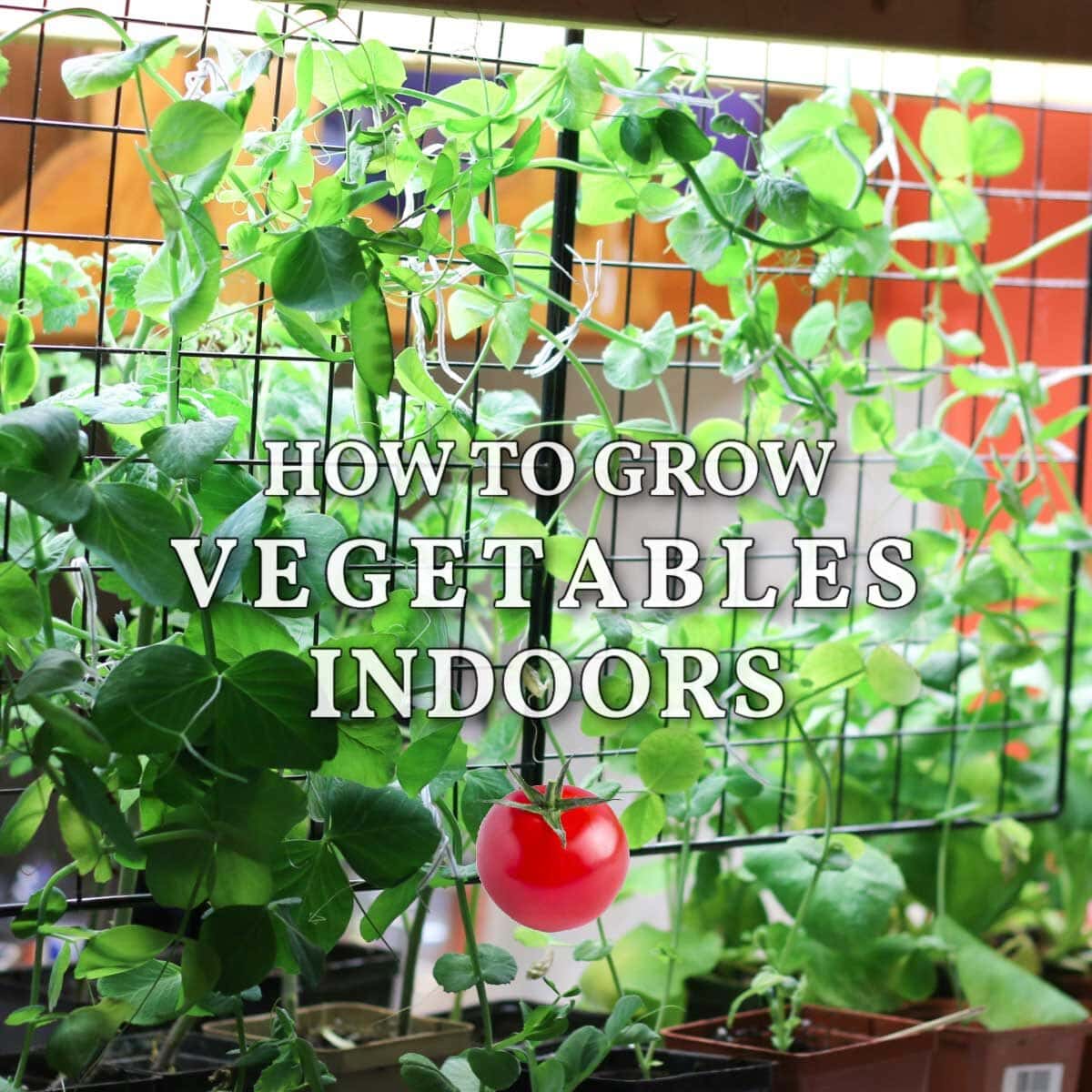
Niki Jabbour's books provide excellent information for anyone who is interested in growing food. The American Horticultural Society Book Award was given to her bestseller, The Year Round Vegetable Grower. Groundbreaking Food Gardens, her latest book, introduces 224 new species that will please even the most experienced gardener. Her most recent book, Veggie Garden Remix won the American Horticultural Society Book Award in 2019 and a Gold Book Award by the GardenComm. She also won a Silver Award from Taste Canada for her Veggie Garden Remix.
The soil in each bed is 70% organic matter. The remainder is comprised of shredded leaves or aged manure and compost. Niki's soil is rich in calcium, phosphorus and other nutrients. Her method of mixing soil is also said to reduce pest pressure, which leads to higher yields. Subscribe to the podcast via iTunes and Stitcher. Penelope Hobhouse's gardening podcast is another great option.

NIKIJabbour has tips for extending the growing seasons in her new book, The Year RoundVegetable Gardener. The Canadian climate allows frost-free produce to be harvested throughout the winter, so it's possible to grow vegetables and fruits year-round. The book has already sold more than 100,000 copies. This book is both a valuable resource for experienced and novice gardeners.
Niki plants 30 kinds of vegetables in the winter. Timing is very important during this time. Carrot seeds should be sown in August. Heading and leafy crops are planted in late October. The soil is ideal for mulching in the autumn. The mulch should be piled as high as 18 inches and then settle to 12" deep. Mulch-covered beds will be envy by neighbors.
Niki's garden has three seasons. A polytunnel can be described as a large structure constructed of steel supports that are covered with a clear plastic sheet. It's used to grow spring greens and summer vegetables as well as root crops. It is also used for fall harvest. It is essential to plan the season when you plant your garden. However, the climate affects the growing season.

Niki uses a variety of gardening tools, including a polytunnel. Niki uses raised beds for winter vegetables. She also uses fabric pots to store seeds. Niki has a garden that is more warm in the winter than others. In winter, she plants vegetables. Her polytunnel is an essential part of Niki Dawson's gardening. If you want to grow vegetables all year long, you should learn about the polytunnel.
Cold frames can be a great way for your garden to grow longer. A polytunnel, even though it doesn't cost $100, can help you grow vegetables better. A plastic cold frame is a smart investment for winter. By using this method, you can create an indoor microclimate in your backyard without needing to buy a greenhouse.
FAQ
How often should I water my indoor plants?
Indoor plants need watering once every two days. You can maintain humidity in the house by watering. For healthy plants, humidity is vital.
Can I plant fruit trees in pots
Yes! Yes, pots are possible to grow fruit trees if space is tight. Ensure your pot has drainage holes so excess moisture won't rot the tree. The pot should be deep enough to hold the rootball. This will protect the tree from being stressed.
What should I do the first time you want to start a vegetable garden?
The first step to starting a garden is to prepare it. This involves adding organic matter, such as composted soil, grass clippings and leaves, straw or other material, to help provide nutrients for the plants. Next, plant the seeds or seedlings in the holes. Finally, water thoroughly.
Which seeds can be planted indoors?
A tomato seed is the best for indoor gardening. Tomatoes produce year-round fruit and are easy to plant. When growing tomatoes in pots, be careful when transplanting them into the ground. The soil could dry out if you plant too early. This could lead to root rot. Plant diseases like bacterial disease can quickly kill plants.
Can I grow veggies indoors?
Yes, you can grow vegetables indoors during winter. You will need to purchase a greenhouse or grow lights. Before you do this, make sure to verify the local laws.
Statistics
- 80% of residents spent a lifetime as large-scale farmers (or working on farms) using many chemicals believed to be cancerous today. (acountrygirlslife.com)
- According to the National Gardening Association, the average family with a garden spends $70 on their crops—but they grow an estimated $600 worth of veggies! - blog.nationwide.com
- Today, 80 percent of all corn grown in North America is from GMO seed that is planted and sprayed with Roundup. - parkseed.com
- According to a survey from the National Gardening Association, upward of 18 million novice gardeners have picked up a shovel since 2020. (wsj.com)
External Links
How To
How can I keep weeds away from my vegetable gardens?
The biggest threat to the growth of healthy vegetables is weeds. They compete for space, water, nutrients, sun, and sunlight. These tips can help prevent them taking over your garden.
-
All plants should be removed when they are in flower
-
Get rid of any plant debris that may be around the base.
-
Use mulch
-
Regular water intake
-
Rotate crops
-
Do not allow the grass to grow.
-
Keep soil moist
-
Plant early
-
Harvest often
-
Mix compost
-
Use pesticides sparingly
-
Plant organic vegetables
-
Get heirloom seeds
-
Start small
-
Learn more about companion planting
-
Be patient
-
Enjoy gardening!